NEWS
All the latest news and views from Bild.
29 May 2024
Rights in practice for people with a learning disability
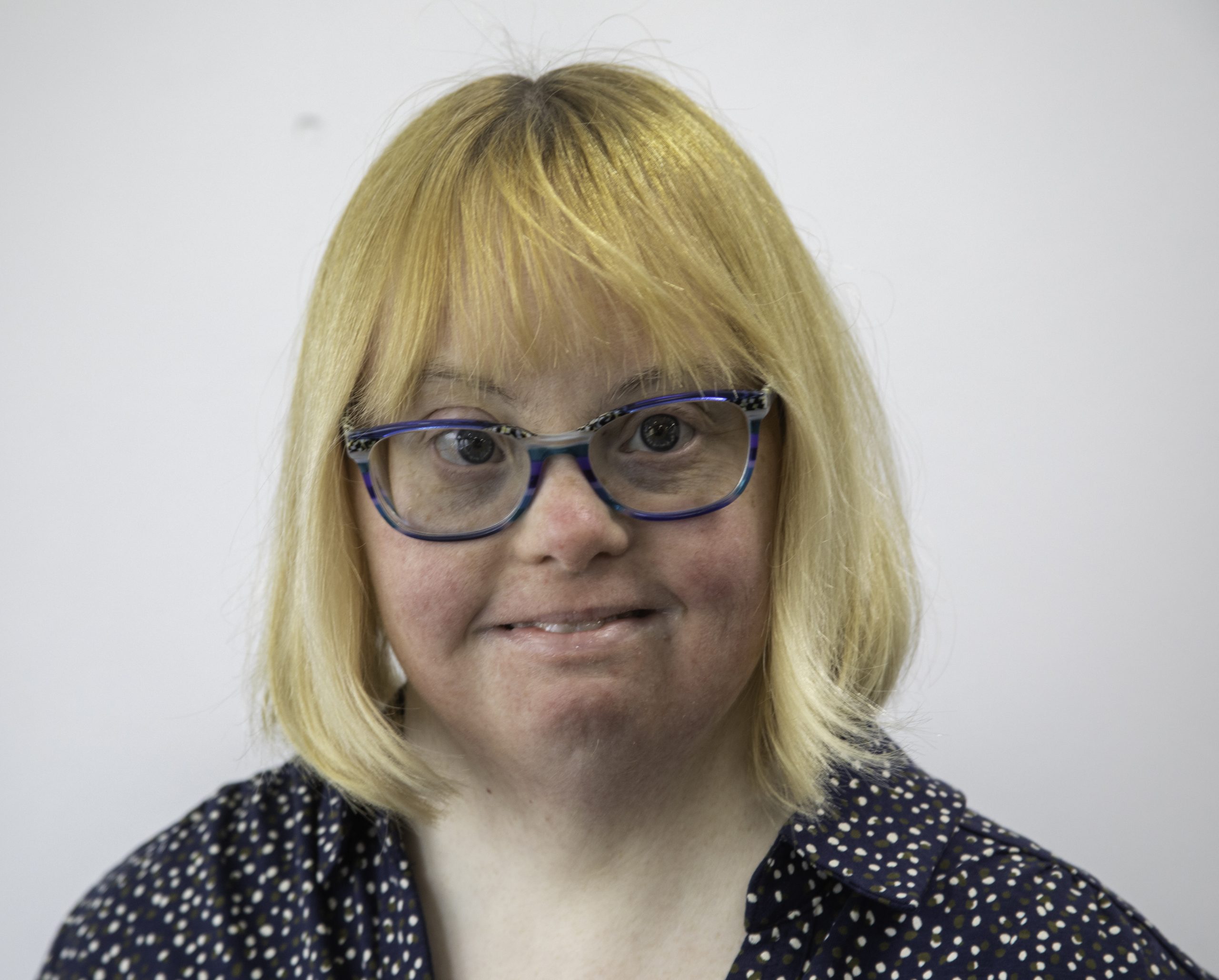
A blog by Kate Brackley, Learning Disability Advisor at Bild

General overview
Rights are vital to all people including people with learning disabilities, they make sure we live our lives the way we want to.
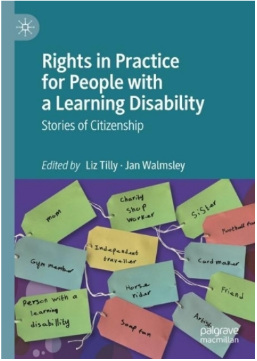
I recently wrote a chapter in a book called ‘Rights in Practice for People with a Learning Disability’.
It is clear from all the chapters in the book how important and essential rights are to everyone.
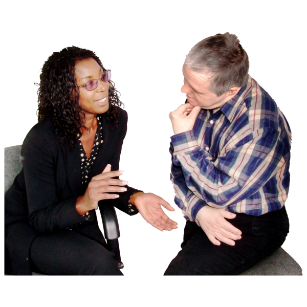
I have been speaking to Sal Lapsley who wrote a story about her life and what it meant to her to come out as a lesbian. I also spoke to Liz Tilly whose idea it was to produce the book, and was the editor, along with Jan Walmsley. Liz also manages an organisation called Building Bridges who do lots of work such as ‘easy read translations’, training and working on projects.
Why is it important to people with a learning disability to have rights?

Sal: The reason why rights are important to people with a learning disability, is that they can lead a much better and more independent life.
If people have their rights taken away they have their independence taken away. It doesn’t have to be this way just because you are a person with a disability. For example, if you are non-verbal and you can’t communicate by talking there could be strategies put in place to support the person to have their voice heard.
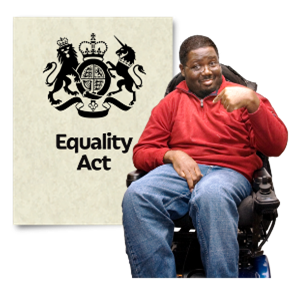
Liz: Families and support staff need to remember that people with a learning disability are equal citizens and have rights in every part of their lives. This includes managing money, love and relationships and all aspects of life.
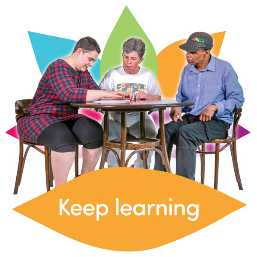
It means that each person can reach their potential and enjoy their best life. Enjoying rights also means having the opportunity to make bad choices sometimes and make mistakes. But this is how we can learn and grow as people.
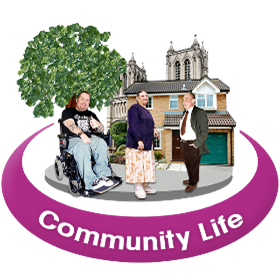
Support is vital for people with learning disabilities to have their rights met. How can we make sure that people with learning disability have the support they need to be able to live in their own communities?

Sal: I think there should be more places like where I live, where you live independently, but with support on site. I love living in my own home, it means a lot to me and makes me feel safe. Something that makes it hard for people to live independently is when we lose valuable community hubs which offer activities or interests for people with a learning disability. Shops closing down is also tough, because it takes away the heart of the community.

Liz: This is a hard one, and I think we all need to keep getting the message out about what great lives people can have when they get the support they need. If support and services get cut, then it might mean some people can’t get to enjoy all aspects of being an equal citizen.

What could happen if your rights get taken away and what are the risks involved?
Liz: I think it will affect people’s physical and mental health where more people will need crisis support, if they have problems with their health, housing, benefits etc.
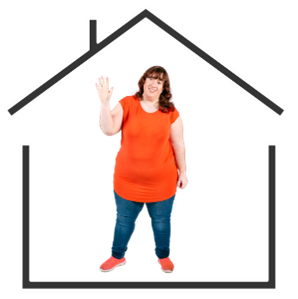
Sal: If your rights are taken away, that can be really difficult for people. If you are living in your own home and people would like to enter your home, they should be aware of what your likes and dislikes are, and respect your choices and privacy.
An example of this could be where a person with a learning disability likes teddy bears and does not like people saying they are childish, and they need to get rid of them.

People can have what they want, to be able to express themselves in different ways and to have their comfort and be able to self soothe.

People can have what they want, to be able to express themselves in different ways and to have their comfort and be able to self sooth.
What are the reasonable adjustments that can help people to get their rights that they deserve?
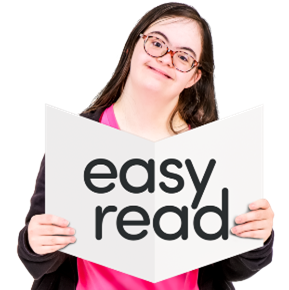
Liz: All the people I know at Building Bridges and other people with a learning disability I meet, all say how important it is to get accessible information, especially easy read. This includes information about what there is happening locally, how to look after their health and letters relating to housing and benefits.
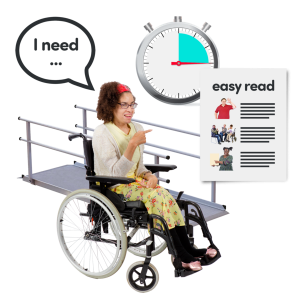
Sal: One thing I feel that it is important about reasonable adjustments is when you are moving to a new home. For example being given the reassurance that none of your possessions will be taken away, everything will stay the same, or at least as close as possible with familiar comforts.
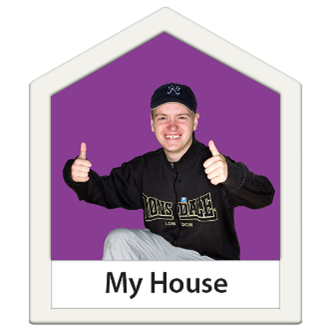
It is also about making your own place your own home, with your own space, with your own comforts, with everything what you want, living independently as possible.
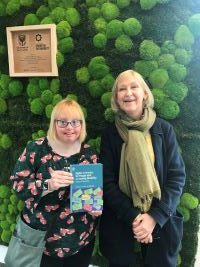
‘Rights in Practice for People with a Learning Disability: Stories of Citizenship’ , edited by Liz Tilly and Jan Walmsley, is available to buy on Amazon or from Springer.
The book focuses on the goals of the United Nations Convention on the Rights of Persons with Disabilities (UNCRPD).
The book shares stories of people who have been supported to enjoy their rights. By sharing these stories, we can help people think about how services and support can enable people with a learning disability to enjoy their rights.
Kate Brackley co-authored the chapter on Independent Living with Lindsey Allen.
